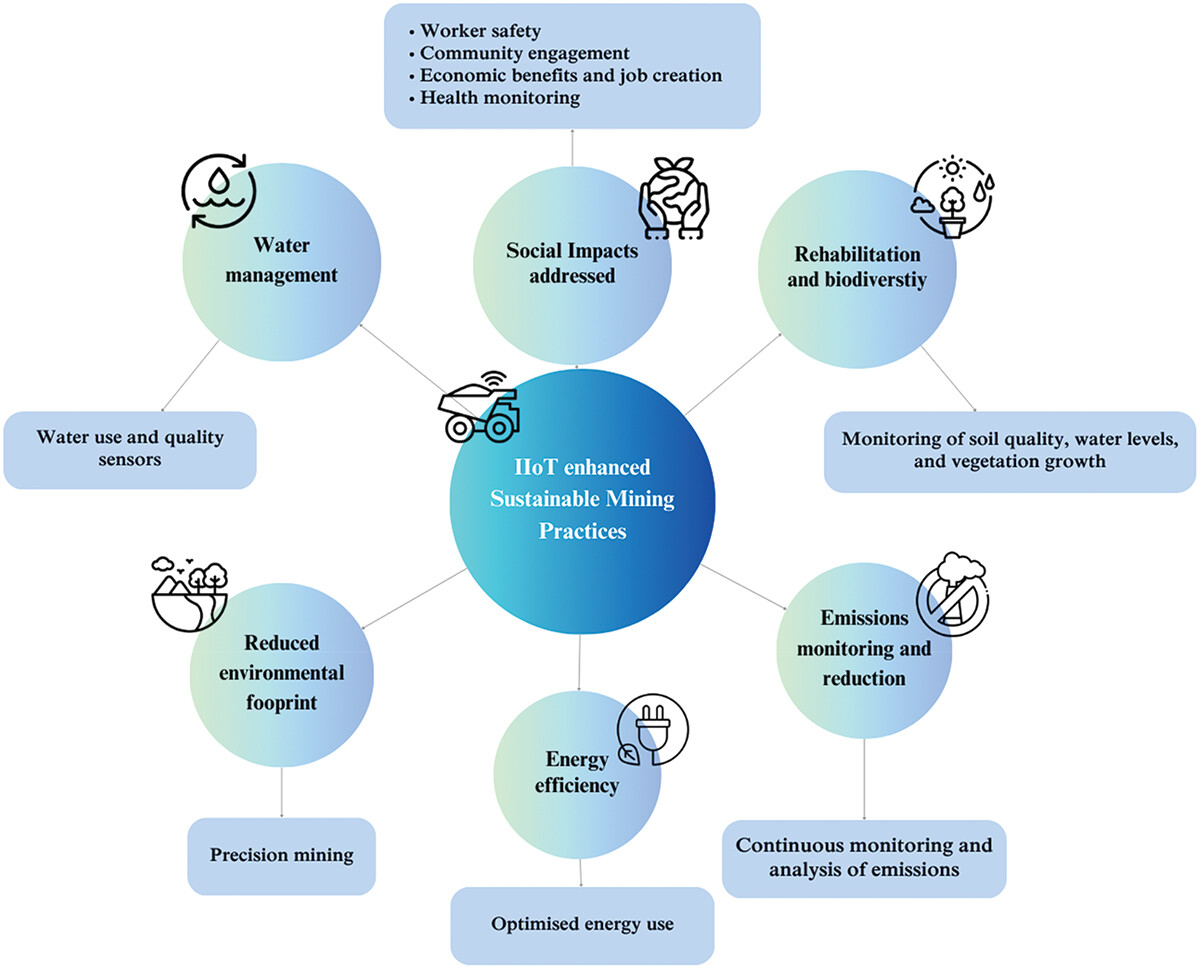Sustainable Mining
The growing demand for renewable energy and electrification introduces a complex challenge. While these technologies are crucial for achieving net-zero emissions, their production is heavily dependent on mining critical minerals—an industry that, without careful management, can impose significant environmental and social costs. Mining operations, particularly large-scale ones lacking rigorous regulation, can disrupt ecosystems, degrade soil, pollute water, deplete natural resources, and adversely affect local communities, often those least equipped to mitigate these impacts.

Mining’s Essential Role in a Just Energy Transition
The path to renewable energy and sustainable infrastructure hinges on a stable supply of key minerals. Lithium is vital for battery storage; cobalt and nickel are integral to electric vehicle batteries; copper is essential for wiring, wind turbines, and motors; and rare earth metals, a group of 17 elements, are indispensable for technologies ranging from wind power to digital devices. The World Bank forecasts that by 2050, demand for minerals like lithium and cobalt may increase by nearly 500%, with an estimated 3 billion tons of metals needed to reach global climate goals. As we seek sustainable growth, it is critical to address the human and environmental costs of mineral extraction, ensuring that a greener future does not come at the expense of people or ecosystems.
